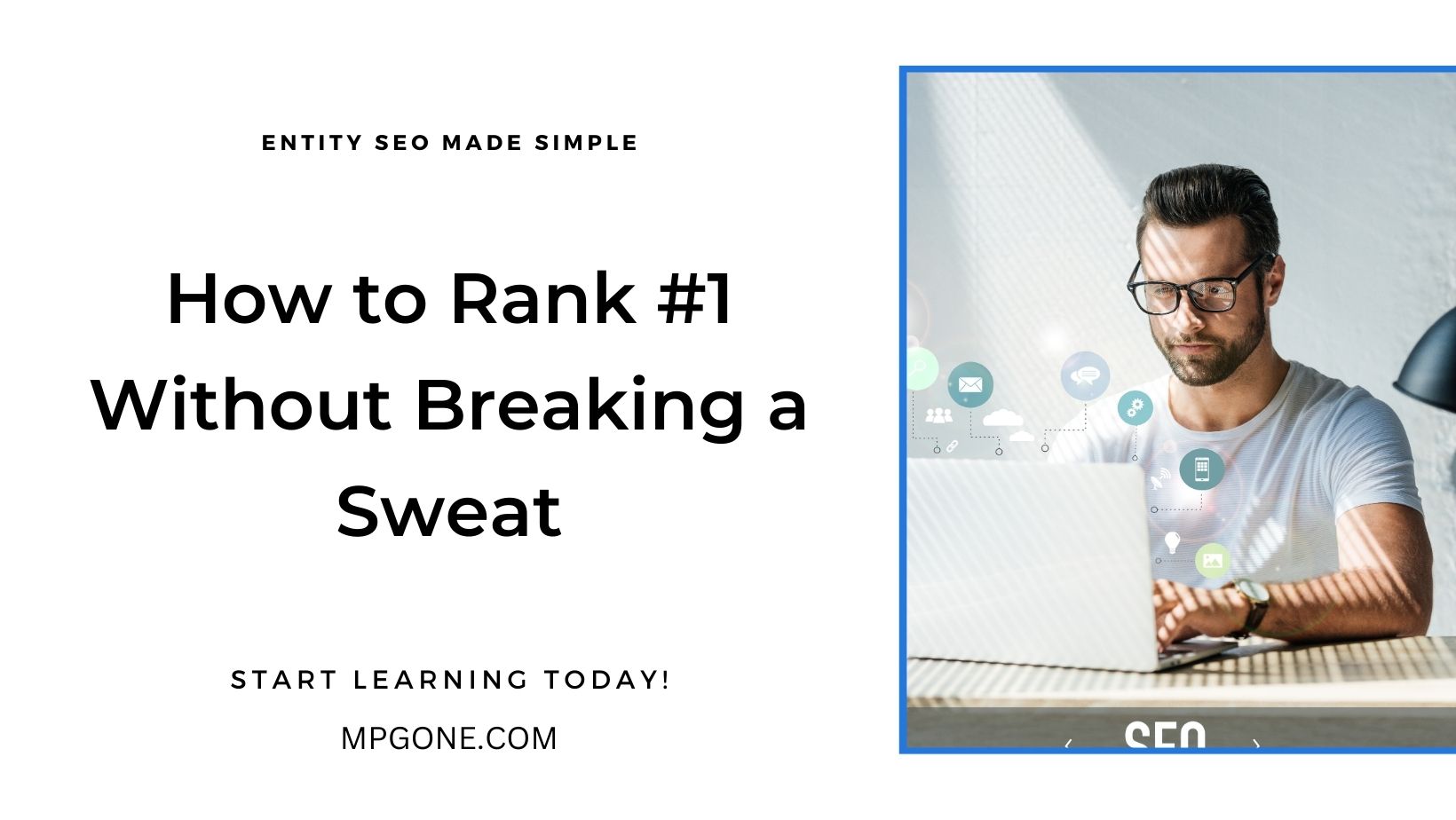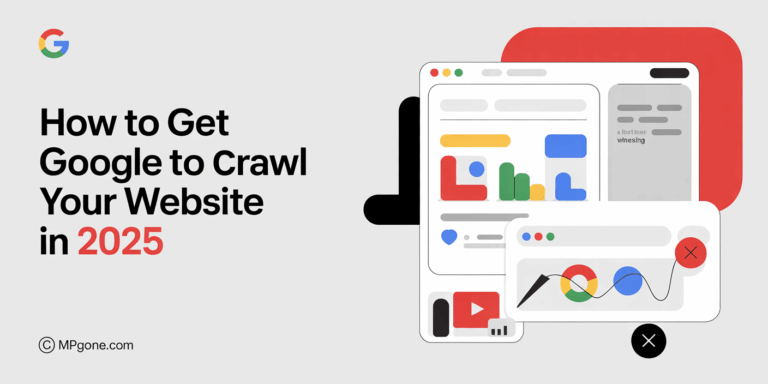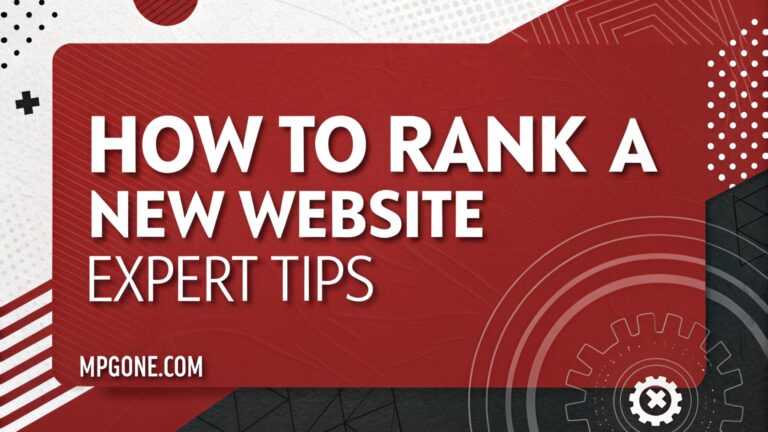Entity SEO Made Simple: How to Rank #1 Without Breaking a Sweat
What is Entity SEO and How Does It Work?
Hello Entity SEO community, long time no see. I miss you all! It’s Entity SEO day. Entity SEO is an emerging search engine optimization strategy that focuses on building topical authority and relevance for a website by creating content around entities and the relationships between them. But what exactly is entity SEO, how does it work, and is it right for your website? Let’s break it down.
Understanding Entities
To grasp entity SEO, you first need to understand what entities are. An entity is essentially a thing or concept that is distinct, well-defined, and distinguishable. In the context of SEO, entities are the people, places, things, and ideas that search engines like Google aim to understand.
Some examples of entities include:
- Specific people (e.g. Elon Musk, Taylor Swift)
- Businesses and organizations (e.g. Apple, NASA)
- Locations (e.g. New York City, the Eiffel Tower)
- Generic concepts and things (e.g. electric cars, recipes)
Google and other search engines are getting better at understanding the relationships and attributes associated with entities. This allows them to provide more relevant results by grasping the searcher’s intent.
How Entity SEO Works
The goal of entity SEO is to establish your website or web pages as authoritative sources for particular entities. You do this by creating comprehensive, interlinked content that covers different facets and relationships of those target entities.
Some key aspects of entity SEO include:
- Creating in-depth content around entities related to your business or website.
- Linking between entity-focused pages to show topical coverage and expertise.
- Using schema markup to help search engines understand page content.
- Building backlinks and mentions from relevant entity-related sources.
When done well, entity SEO helps demonstrate to search engines that your site is an expert resource for your topics. This can boost your rankings for entity-related keywords and search queries.
Is Entity SEO Right for Your Website?
While entity SEO can be a powerful strategy, it’s not necessarily the right approach for all types of websites. In general, entity SEO tends to work best for:
- Local businesses and service providers
- Directory and review sites
- B2B companies and SaaS providers
- Hobby and enthusiast sites
On the other hand, entity SEO is often less applicable for:
- News publishers and blogs
- Affiliate and e-commerce sites
- Brochures and portfolio websites
If your site focuses on ever-changing topics and keywords, traditional on-page SEO and link building are likely more suitable than entity SEO. But for websites that cover a defined niche in-depth, entity SEO can be very effective.
Implementing an Entity SEO Strategy
Interested in leveraging entity SEO to boost your website’s visibility and traffic? Here’s a step-by-step process you can follow:
1. Identify Your Target Entities
The first step is to determine which entities are most relevant and important to your website. These are the topics you want to build authority and rank for.
For a pest control company, target entities might include:
- Specific pests (e.g. ants, cockroaches, mice)
- Pest control services (e.g. extermination, prevention)
- Service locations (e.g. cities, neighborhoods)
Brainstorm the main entities related to your business. Tools like Google Autocomplete and People Also Ask can help you find related entities.
2. Map Out Your Entity Content
Next, plan out the pages you want to create to cover your target entities comprehensively. Aim for a good balance of high-level pages (e.g. “Pest Control Services”) and more specific pages (e.g. “How to Get Rid of Ants”).
Some page types to consider:
- Service pages for each offering
- Location pages for each service area
- Problem/solution pages for common issues
- FAQ pages addressing frequent questions
The goal is to have a variety of interlinked pages that showcase your expertise on the topic. Use a spreadsheet or mind map to organize your planned pages.
3. Create Optimized, User-Focused Content
Now it’s time to create your entity-focused content. Avoid thin, keyword-stuffed pages – instead, write in-depth, genuinely useful content designed to help readers.
Some entity SEO content tips:
- Naturally use your target keyword and variations in titles, headings, and body copy
- Cover the topic comprehensively, addressing the who, what, where, when, why and how
- Use descriptive headings to break up content and highlight key points
- Incorporate relevant images, videos, and other media
- Implement schema markup to classify page content
Above all, make sure your content provides value to human readers, not just search engine bots. Quality, user-focused content tends to perform best long-term.
4. Build Your Internal Linking
As you create entity pages, link them together to help search engines understand relationships between topics. The most important pages should be linked to from the homepage and main navigation.
Some internal linking best practices:
- Use descriptive, keyword-rich anchor text
- Link hierarchically from general to specific pages
- Include links in the main content, not just the navigation or footer
- Avoid overly complex navigation structures or orphaned pages
Tools like Screaming Frog can help you visualize your site’s link structure and find opportunities for improvement. A logical, comprehensive internal linking structure is key to entity SEO success.
5. Promote Your Entity Content
Finally, amplify your entity SEO efforts by promoting your content and building high-quality backlinks. Some effective promotion tactics:
- Share your content on social media and relevant online communities
- Reach out to influencers and publications for coverage and links
- Repurpose content into other formats like videos and infographics
- Run paid social campaigns to your top entity pages
Getting more relevant sites to reference and link to your entity content will further cement your site’s authority and expertise on the topic.
The Future of Entity SEO
As search engines continue to evolve, entity SEO will likely only become more important. Google is investing heavily in technologies like natural language processing and machine learning to better understand web content and user intent.
By focusing your SEO efforts on building topical authority around entities, you’re future-proofing your website for this shift. While individual keywords and algorithms will change, the underlying entities and relationships that entity SEO targets are more evergreen.
Even if you’re not ready to go all-in on entity SEO, consider testing it on a few key content pieces. Track rankings, traffic, and engagement to those pages over time to gauge the impact. Chances are you’ll see some noticeable gains from this approach.
Key Takeaways
- Entity SEO focuses on building authority around topics, not just keywords
- It works by creating comprehensive, interlinked content around entities
- Entity SEO is most effective for local businesses, B2B companies, and niche sites
- Implement entity SEO with keyword research, content planning, internal linking, and promotion
- Adopting entity SEO helps make your site future-proof as search engines evolve
Is entity SEO the right strategy for your website? The answer depends on your business, audience, and goals. But for many organizations, this approach presents a major opportunity to get ahead of the SEO curve and solidify long-term search success.
Have a sweet Seo and have a nice day too
Mohamed Ezz







